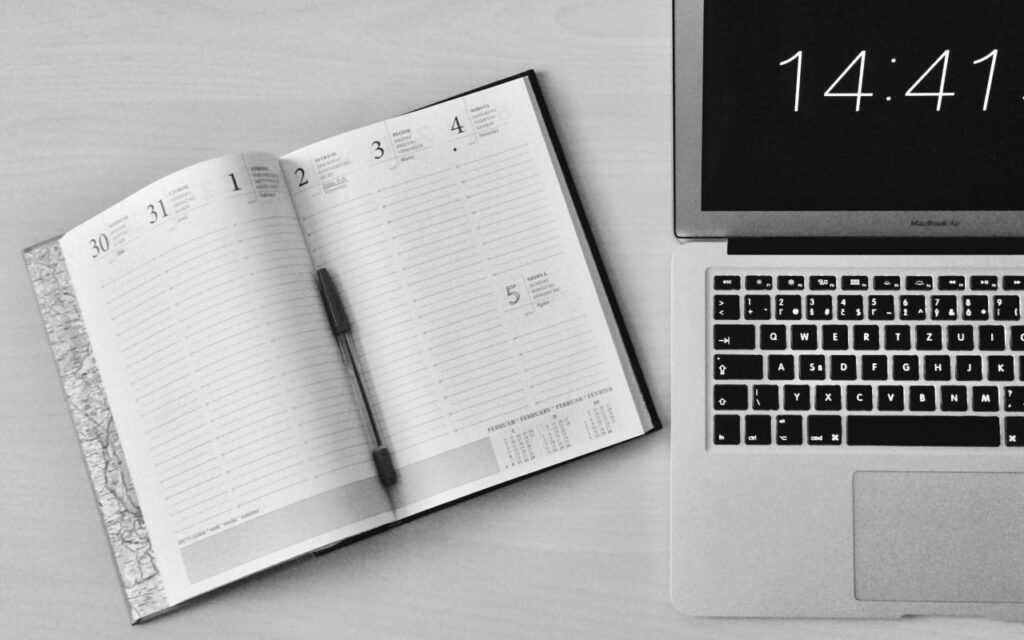Many of us have woken up and said to ourselves “I must work on that project” or “I have to finish all of my errands” only to realize later that you had spent all day watching TV or checking Facebook. It happens to everyone, once in a while we lose focus and end up being less productive than expected. However, for around 20% of the population, this habit called procrastination can truly affect their personal as well as their professional career.
So, why do we do it? Procrastination comes from a phenomenon called “mood repair”. This means that we try to feel better by putting off uncomfortable situations in order to replace them with activities that make us feel good. Nevertheless, with procrastination the positive mood is very short-term and therefore, we can quickly end up feeling much worse than if we had actually finished our task. For this reason, many procrastinators can even end up suffering from stress, anxiety, lower self-esteem, etc.
Research shows that the habit is popular because persons have a tendency to prioritize the present instead of the future. This is why is so easy for us to avoid thinking about future consequences and waste time, even though this decision could potentially harm us later.
However, procrastination can be controlled and many people have come up with many different ideas to improve time management. Here, we will explain some popular practices to reduce procrastination and help you make the best out of your time.
- Start easy
Start by picturing what you need to do, then continue with simple and easy tasks like making a plan, writing a short draft and so on. When you focus on small steps, a challenging task can become less uncomfortable and your craving for procrastination can diminish considerably. - Focus on immediate results
It is much easier to think about small immediate rewards than to think about faraway consequences. Simply reflect on the direct results of you finishing a task and it will be easier to get yourself started. Thinking about watching your favorite movie or chatting with friends after finishing the task can be much more powerful than to simply picture the long-term results of you not finishing. - Give yourself some time off
Do not set unrealistic goals when it comes to meeting deadlines, you will only cause yourself stress. Instead, try working on a schedule that also allows you to get distracted once in a while. You do not need a timetable, simply set realistic periods of time for work followed by a small break. For example, listen to an album or a playlist while you work and give yourself a ten or fifteen-minute break after the playlist has finished. - Make shorter objectives
It is hard to not get worried or stressed out by long and complex tasks, making procrastination even worse. Just break down big projects into small sets of objectives so you do not end up feeling stressed from one big obligation, but instead easily finish numerous tasks. - Change to a new environment
Sometimes, you might just need a change of air. If you are feeling particularly frustrated about something, just consider a change of environment. Go to an inspiring place or your favorite café, it might be that extra push you need to start working. - Eliminate possible distractions
Nowadays, there are so many distractions that working without losing focus can prove to be a real challenge. To avoid this, try to have a calm workstation that will allow you to concentrate. However, we all know the internet is one of the biggest distractors and sometimes turning it off is not an option. In these cases, you can use a website blocking app, like SelfControl for mac or Freedom for PC, to help you stay focus and keep you from wasting time. - Ask for help
Talk about your goals with a friend or colleague and have them do the same with you. This will not only make the process less lonely and therefore more manageable, but feedback from other people can also improve your overall results. - Make your objectives public
Tell everyone about your plans. This way, every time you see your friends, they are likely to ask about your progress. This will push you to continue and give you that extra boost you need to stay focus and keep working. - Do not overthink
Sometimes, we can end up thinking that we might not be ready or that we may need more to start. In some cases, this might be true, but it is up to you to really give it some thought and decided whether you are stopping yourself from progress or not. Most of the times, there is never a perfect time and just giving it a go can prove to be the best solution. - Do the right procrastination
Sometimes, you simply cannot avoid procrastinating. You might not be able to concentrate on a certain task for a number of different reasons. Do not panic, it is completely understandable. However, to avoid feeling guilty or stressed afterward, try to focus on doing the right kind of procrastination such as doing small and easy errands or thinking about another project. This way, even though you did not end up achieving the goals you set, you will not feel like you wasted your time.
